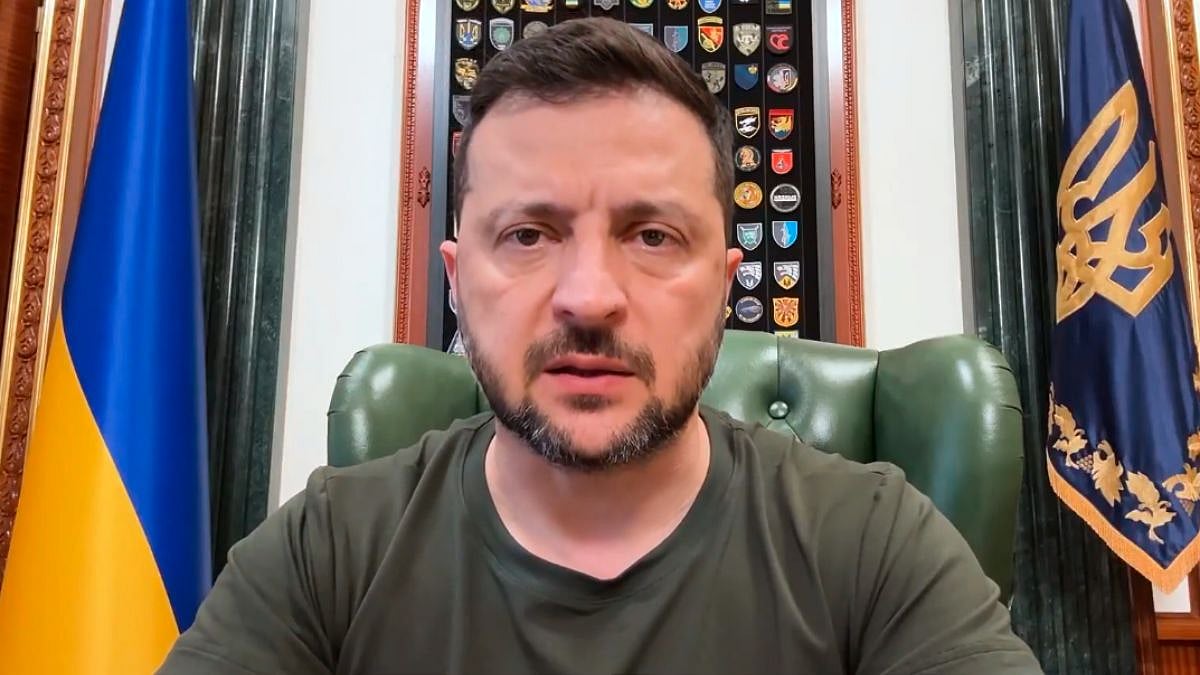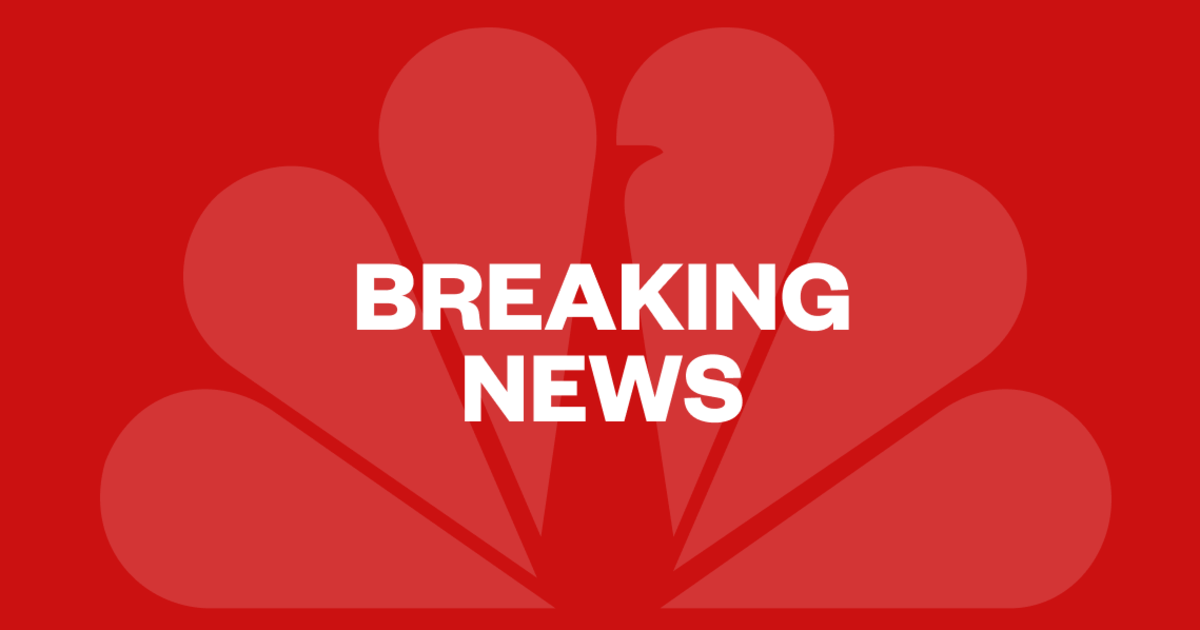Why Did Zelenskyy Thank Japan and the UK for Their New Sanctions on Russia?

Published: 2025-09-12 15:53:32 | Category: Crime GNEWS Search
Ukraine's President Volodymyr Zelenskyy has publicly acknowledged the efforts of the UK and Japan in imposing sanctions against entities linked to Russia's military-industrial complex. These measures are part of a broader strategy by Western nations to pressure Russia amid its ongoing invasion of Ukraine. The European Union has also decided to extend its sanctions for another six months against over 2,500 individuals and organisations accused of supporting Russia's aggressive actions against Ukraine.
Last updated: 07 October 2023 (BST)
Key Takeaways
- Sanctions from the UK and Japan target Russian military-industrial companies.
- The EU has extended its sanctions on more than 2,500 entities for another six months.
- Japan has implemented a price cap on Russian oil at $47.60 per barrel.
- The UK's new sanctions package includes 100 items affecting Russia's military supply chains.
- The EU blacklist features high-profile individuals, including President Putin and Foreign Minister Lavrov.
Details of the Sanctions
During a recent post on social media platform X, Zelenskyy expressed gratitude for the decisive actions taken by Japan. He noted that Japan's involvement in implementing a price cap on Russian oil at $47.60 per barrel would significantly impact the Kremlin's financial resources. This price cap is a strategic move designed to limit Russia's revenue from oil exports, which are crucial for funding its military operations.
In his statement, Zelenskyy also highlighted the new sanctions package announced by the UK while he was in Kyiv. This comprehensive package contains 100 items that target various aspects of Russia's military capabilities. Notably, it includes sanctions against 70 tankers, 27 companies involved in the military-industrial sector, and three individuals associated with the production of Iskander missiles, a key component of Russia's military arsenal.
The EU's Extended Sanctions
The European Union's decision to prolong sanctions was made during a meeting of ambassadors in Brussels. The sanctions list features prominent figures such as Russian President Vladimir Putin, Foreign Minister Sergey Lavrov, and other high-ranking officials, oligarchs, and military leaders. These individuals are accused of supporting the invasion of Ukraine and committing war crimes, including the abduction of Ukrainian children from occupied territories, for which Putin is notably wanted.
Political Dynamics Behind the Sanctions
The decision to renew the sanctions was not without contention. Hungary and Slovakia raised concerns about certain names on the blacklist, seeking their removal. However, after extensive discussions, the EU decided against making any changes for political reasons. While some entries were deleted for technical reasons, the core list of individuals and entities remains largely intact, highlighting the EU's commitment to maintaining pressure on Russia.
The Impact of Sanctions on Russia
Sanctions play a crucial role in the international response to Russia's actions in Ukraine. By targeting the military-industrial complex and key financial resources, these measures aim to weaken Russia's ability to sustain its military operations. The impact of the sanctions can be observed in various ways:
- Financial Strain: The price cap on oil limits revenue, thus affecting Russia's ability to fund its military initiatives.
- Operational Disruptions: Restrictions on companies involved in military production can lead to shortages in critical supplies for the Russian armed forces.
- International Isolation: Continued sanctions contribute to Russia's diplomatic isolation, making it more challenging for the Kremlin to secure international partnerships.
What Happens Next?
The imposition of sanctions is a dynamic process that requires ongoing evaluation and adaptation. As the situation in Ukraine evolves, additional measures may be implemented by Western nations. Observers are keenly watching for potential responses from Russia, which could include retaliatory actions against countries imposing sanctions.
Conclusion
The collaborative efforts of the UK and Japan, alongside the EU's extensive sanctions regime, signify a united front against Russia's military aggression. By targeting the foundations of the Russian military-industrial complex, these measures seek to curtail the Kremlin's capacity to wage war in Ukraine. The ramifications of these sanctions will likely continue to unfold, impacting both the conflict and international relations in the region.
As the situation develops, the global community remains vigilant. The effectiveness of these sanctions in altering Russia's actions will be a critical factor in the ongoing geopolitical landscape. What further measures might be necessary to ensure peace and stability in Ukraine and beyond? #UkraineConflict #Sanctions #GlobalPolitics
FAQs
What sanctions have the UK imposed on Russia?
The UK has announced a new sanctions package targeting 100 items, including 70 tankers and companies involved in the Russian military-industrial complex, to disrupt military supply chains.
How does the price cap on Russian oil work?
Japan has implemented a price cap of $47.60 per barrel on Russian oil. This aims to limit Russia's revenue from oil exports, which are vital for funding its military operations.
What is included in the EU's sanctions list?
The EU's sanctions list includes over 2,500 individuals and entities, including high-ranking officials, oligarchs, and military leaders accused of supporting Russia's invasion of Ukraine and committing war crimes.
Why did Hungary and Slovakia request changes to the sanctions list?
Hungary and Slovakia sought to remove certain names from the sanctions blacklist. However, after discussions, no changes were made for political reasons, although some entries were deleted for technical reasons.
What are the potential consequences of these sanctions on Russia?
The sanctions are likely to strain Russia's financial resources, disrupt military operations, and contribute to its international isolation, making it challenging for the Kremlin to sustain its conflict in Ukraine.



